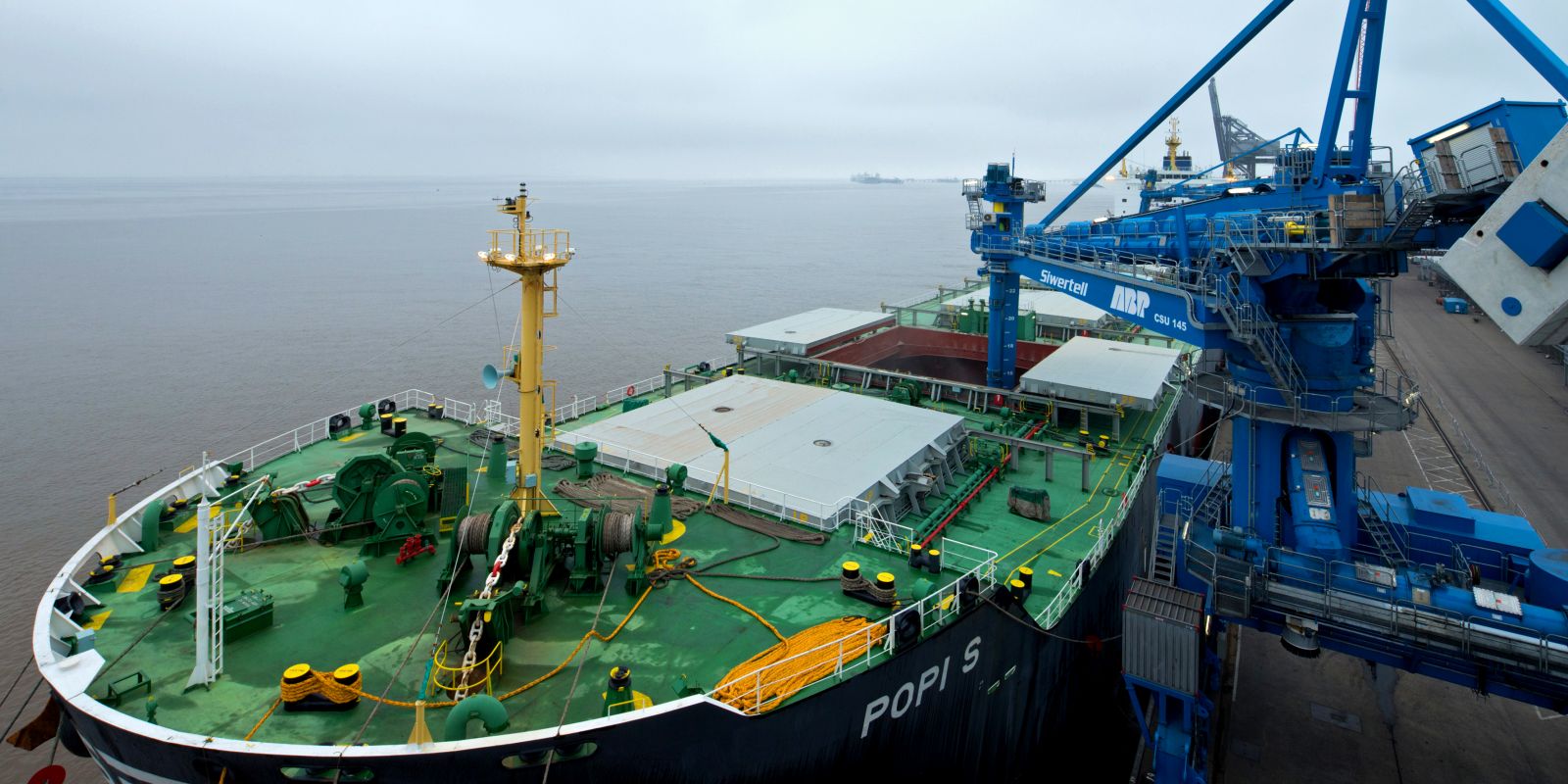The LEP's Partnerships and Programmes Executive Manager Halina Davies has been at the cutting edge of the development for the successful Humber Freeport bid and shares her aspirations and thoughts on the scale of the opportunity with us here.
The timing could not be better for the government's Freeport initiative. The Humber estuary is one of only eight Freeport areas being progressed in England and with the Leveling-Up agenda building at pace and a related White Paper imminent this autumn, there is much to consider for the resilience and growth of our local economy.
The Government has confirmed its commitment to decarbonisation and clean growth having released a Ten point Plan for a Green Industrial Revolution. However the real impact of policy will come down to cohesive thinking at a regional and local level. What we can prioritise collaboratively will truly begin to make a difference and the Humber Freeport is one of these unique opportunities for our region, a real game changer.
It is clear that significant inequalities remain in our country, and our LEP along with partners has a responsibility to ensure that the benefits generated by our Humber Freeport are cascaded to our wider supply chains and communities, through infrastructure improvements to improve accessibility, creation of job opportunities, skills provision for our young people and existing workforce, regeneration investment, and support for innovation.
We see this process as a stepping stone. By enabling clean growth, investment is encouraged in areas that would otherwise struggle to attract them. Our three proposed Freeport tax sites will become designated economic zones where normal tax and customs rules don't apply. They will be eligible for Stamp Duty and business rates relief, as well as National Insurance relief for employers. These incentives for businesses will help unlock investment, both import and export trade, and enable up to 7000 jobs. There will also be customs sites, seed capital sites, existing enterprise zones and supply chain related SMEs within and beyond the Freeport outer boundary, which will all have a crucial role in the overall success of the Freeport.
Plans are also afoot to see old industrial sites being used to capture and store carbon, green jet fuel being manufactured, blue hydrogen production and rare earth processing facilities being developed, and offshore wind turbines creating clean energy with continued expansion and growth of the sector.
There is therefore a clear need to offer retraining and upskilling to help people benefit from the emerging job creation and planned investment through our Greater Lincolnshire Skills Capital Programme, universities, catapults, centres of excellence, and colleges, who already work with industry to develop the skills for the future, and are critical to supporting further skills development for the Freeport. Our programme of bespoke online Jobs and Careers Fairs working with schools to bring careers advice to students, adds a further level of support and awareness of the Humber Freeport and its opportunities too.
Our aim is to expand and strengthen the clean growth and decarbonisation cluster of businesses within and around the Humber Freeport and across Greater Lincolnshire, aligning their innovation with clean energy, advanced manufacturing, and ports & logistics, and creating an ecosystem which allows businesses, universities and research institutions to better co-develop innovation and modernise working practices. Only by welcoming more innovative approaches, including use of robotics and automation will we be able to really impact our net zero aspirations.
We are now following up on government feedback on our outline business case, and preparing for what we all hope will be an official launch date for the Humber Freeport in November. Subject to government approval a company ltd by guarantee will be formed to manage the Humber Freeport with a board made up of private and public sectors in place by the winter. Watch this space…. !


